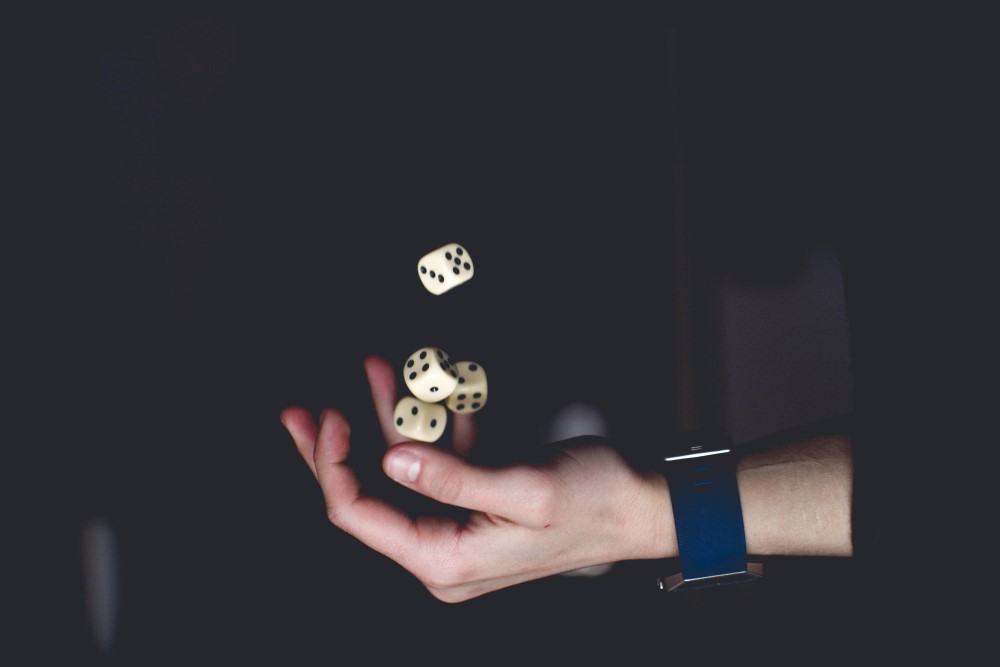From the dusty streets of Compton to the glittering facades of Las Vegas, gambling has always held a magnetic pull on the world of hip-hop. But in the gritty trenches of old-school gangsta rap, it wasn’t just a pastime – it was a language, a currency, and a brutal metaphor for the high-stakes game of life on the margins.
More than just a backdrop for braggadocio, gambling formed the very fabric of old-school rap. From the opening beats of Public Enemy’s “Black Steel in the Hour of Chaos” – with its dice roll sample and the iconic line “The game’s rigged, the cards are stacked” – to the frenetic energy of N.W.A.’s “Straight Outta Compton,” where Ice Cube raps about “playing the lottery with my life,” the tension and thrill of the gamble were woven into the DNA of the genre.
The Hustle and the Risk: A Mirror to the Streets
Today, we have gambling sites leveling the playing field for many gamblers out there. Similar to music, we have top brands like Wazamba various providing game genres and features that cater to different tastes depending on the players’ choice. It has simply become one vital element that defined old-school gangsta rap.
For many early rappers, gambling wasn’t just about entertainment; it was a way of life. Growing up in impoverished communities where legitimate opportunities were scarce, street games like dice, cards, and numbers running became a means of survival and a chance to escape the cycle of poverty.
This reality was reflected in their lyrics, with artists like Slick Rick (“The Ruler”) and The Notorious B.I.G. (“Gimme the Loot”) detailing the hustle and the desperation that fueled their underground gambling ventures.
The inherent risk of the gamble mirrored the harsh realities of life on the streets. Every roll of the dice, every turn of a card, represented a potential victory or a devastating loss. This constant dance with danger resonated deeply with listeners who faced similar challenges in their own lives.
The rappers themselves became avatars of this struggle, their lyrics chronicling the triumphs and tribulations of playing a game where the stakes were always high.
Beyond the Game: Metaphors and Symbolism
Gambling transcended its literal meaning in old-school rap, becoming a potent symbol for the broader challenges faced by marginalized communities. The rigged deck, the loaded dice, the house always winning – these became metaphors for systemic inequality, racial injustice, and the feeling of being perpetually outmatched by a powerful establishment.
Artists like Ice- and Tupac Shakur used gambling imagery to critique the criminal justice system, highlighting the inherent unfairness of a system that stacked the odds against the disadvantaged.
Others, like The Geto Boys (“Mind Playing Tricks on Me”), explored the psychological toll of living a life of constant risk, where every decision felt like a gamble with potentially devastating consequences.
The Art of the Gamble: Skill, Strategy, and Storytelling
Gambling in old-school rap wasn’t simply about luck; it was a showcase of skill, strategy, and quick thinking. Rappers like Kool G Rap (“Straight From the Jungle”) and The Wu-Tang Clan (“C.R.E.A.M.”) celebrated the intellectual prowess and calculated moves required to navigate the unpredictable landscape of risk and reward.
This focus on mastery and mental agility offered valuable lessons, especially for young listeners in underserved communities, demonstrating the value of strategic thinking and outsmarting the odds.
From the Streets to the Spotlight: Opportunity and Upward Mobility
For some rappers, gambling wasn’t just a way to survive; it was a potential springboard to a better life. Success in street games, honed street smarts, and the captivating storytelling often associated with gambling prowess could provide the raw talent and narrative fuel needed to break into the music industry.
The theme of using gambling as a springboard to escape the cycle of poverty was explored in songs like:
- The Notorious B.I.G.’s “Juicy”
- Ice Cube’s “Friday,”
Gambling in Hip-Hop Today
The influence of old school rap’s gambling imagery continues to resonate in contemporary hip-hop. The genre celebrated not just the risk and reward, but also the resourcefulness, community, and potential for upward mobility embedded within the gambling world. While understanding the potential dangers is crucial, appreciating the full spectrum of this imagery provides a richer understanding of the cultural context and its enduring impact on hip-hop.
